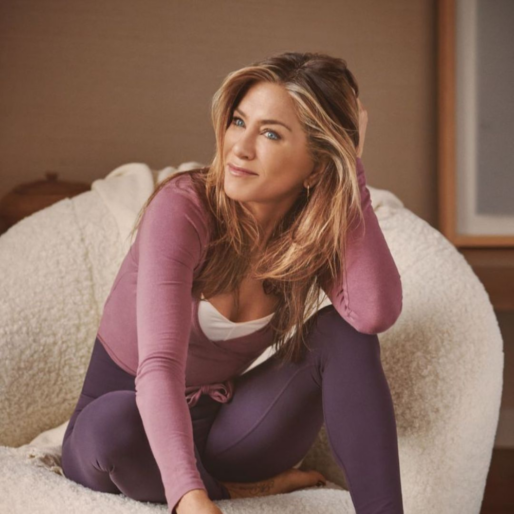A lack of sleep could be making you more selfish, according to a new study
If you thought your poor sleep habits were only hurting you, consider this your wake-up call.
By Dani Maher

TO THOSE OF us with pitiful sleeping habits — ahem, guilty — it’s no secret that our lack of sleep has more than a few downsides. We wake up feeling less refreshed, looking more tired, and with less motivation to go through the motions day after day, no matter how much caffeine we try to prop ourselves up with. But at least we could always say that this was one toxic trait only affecting ourselves, and nobody else — until now.
A new study, conducted by researchers at the University of California Berkeley and published in the PLOS Biology journal, has concluded that sleep deprivation can not only negatively affect one’s mental health, it also has the potential to affect the way we function in society.
“We discovered that sleep loss acts as a trigger of asocial behaviour, reducing the innate desire of humans to help one another,” Professor Matthew Walker, co-author of the study at UCB, told The Guardian. “In a way, the less sleep you get, the less social and more selfish you become.”
The study found that as little as an extra hour of sleep deprivation can decrease our desire to help other people, including our loved ones.
“A lack of sleep impaired the drive to help others regardless of whether they were asked to help strangers or close relatives. That is, sleep loss triggers asocial, anti-helping behaviour of a broad and indiscriminate impact,” Walker added.
The less SLEEP you get, the less SOCIAL and more SELFISH you become.

For the study, 160 participants’ willingness to help others was assessed via a “self-reported altruism questionnaire” they completed after a night of sleep. In one of the experiments with 24 participants, the researchers compared answers when people were given a full night of sleep versus 24 hours without sleep, and found a 78 per cent decline in self-reported keenness to help others while sleep deprived.
Brain scans further cemented the data, showing that a shorter nights’ sleep could be associated with reduced activity in the part of the brain that is involved with social behaviour.
And it’s not just about our willingness to help those directly around us — even the loss of sleep caused by observing daylight saving affects our generosity, the researchers found. Analysing a database of three million charitable donations made between 2001 and 2016, researchers Ben Simon and Matthew Walker saw a 10 per cent drop in donations after daylight saving kicks in; and curiously, a similar drop wasn’t present in the American states that don’t advance their clocks in summertime.
So the next time you’re up late debating over whether or not to watch just one more episode of your current binge-watch obsession — perhaps consider whether it’s worth the cost of your kindness.







